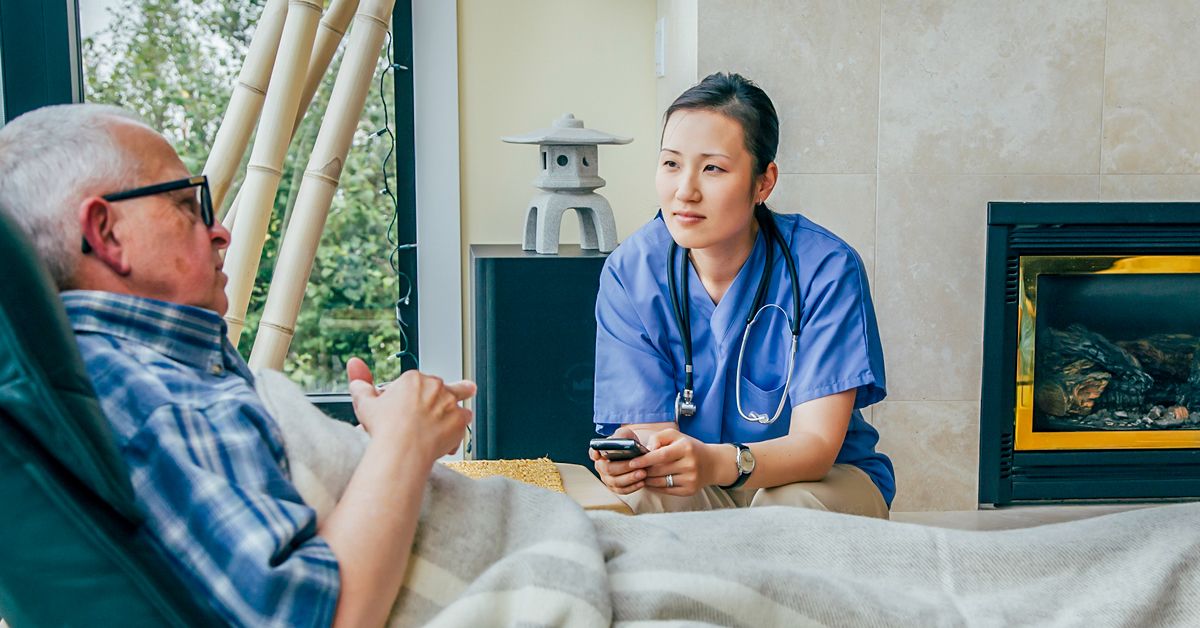Image source: Google
Chemotherapy can be a challenging experience for both the patient and their loved ones. It is a crucial part of cancer treatment, but it can also bring about physical and emotional side effects that can be difficult to cope with. As a loved one, your support and care can make a significant difference in helping the patient navigate through this tough journey. To assist you in providing the best support possible, we have gathered advice from experts at Griffith on ways to support your loved ones through chemotherapy. If you want information and support regarding chemotherapy in Griffith, look no further than this website https://cancercare.com.au/clinics/cancer-care-northern-beaches/
Understanding Chemotherapy
Before delving into ways to support your loved ones, it is essential to have a basic understanding of chemotherapy and its effects. Chemotherapy is a treatment that uses drugs to kill cancer cells. While it is crucial in fighting cancer, it also comes with various side effects. These may include nausea, fatigue, hair loss, changes in appetite, and emotional distress.
Key Points to Understand Chemotherapy:
- Chemotherapy targets cancer cells but can also affect healthy cells in the body.
- Side effects vary from person to person and can change throughout treatment.
- Support and care from loved ones can help alleviate the physical and emotional burden of chemotherapy.
Ways to Support Your Loved Ones
Here are some practical ways you can support your loved ones going through chemotherapy:
Provide Emotional Support
- Listen actively and empathetically to their feelings and concerns.
- Offer words of encouragement and reassurance.
- Be patient and understanding during difficult moments.
Assist with Practical Tasks
- Help with transportation to and from appointments.
- Assist with household chores and errands.
- Coordinate meals or arrange for meal deliveries to alleviate cooking responsibilities.
Encourage Self-Care
- Remind them to stay hydrated and maintain a healthy diet.
- Encourage gentle exercise or activities that help reduce stress.
- Support them in getting enough rest and sleep.
Effective Communication
Communication plays a vital role in providing support to your loved ones during chemotherapy. Here are some tips for effective communication:
Be Open and Honest
- Encourage open discussions about their feelings and concerns.
- Be honest about your own feelings and reactions.
- Listen without judgment and offer support without trying to fix everything.
Ask How You Can Help
- Check in regularly and ask how you can best support them.
- Respect their wishes and boundaries.
- Offer specific ways you can assist rather than vague offers of help.
Be Patient and Understanding
- Understand that they may have good and bad days.
- Be patient with their emotions and responses.
- Show understanding and empathy in all your interactions.
Self-Care for Caregivers
Supporting a loved one through chemotherapy can also take a toll on your own well-being. It is essential to practice self-care to ensure you can continue to provide the best support possible:
Take Breaks and Rest
- Allocate time for yourself to rest and recharge.
- Engage in activities that help you relax and unwind.
- Ask for help from friends or family members to take on some responsibilities.
Seek Support and Resources
- Join a support group for caregivers to connect with others facing similar challenges.
- Consider seeking counseling or therapy to process your emotions and experiences.
- Utilize resources provided by healthcare facilities or organizations for caregivers.
Practice Self-Compassion
- Be kind and understanding to yourself during this challenging time.
- Acknowledge your efforts and the impact of your support.
- Avoid self-criticism and prioritize self-care to maintain your well-being.
